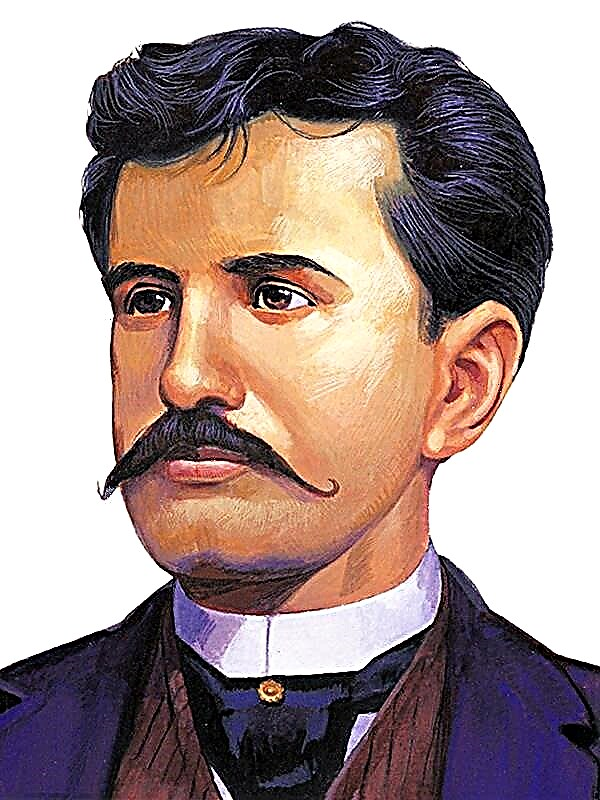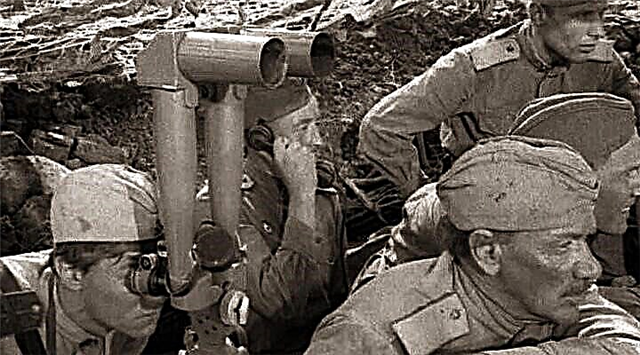(503 words) What is self-deception? To lie to another is understandable. You simply refute other people's words out loud or deliberately tell a lie. But yourself? How is this possible? You don’t seem to enter into dialogue with yourself. However, there is a dialogue. There are promises to yourself, there are beliefs, there are plans. And in this vision of the picture of what is happening, it is important to maintain sobriety and honesty with oneself so as not to drown in the power of self-deception.
Self-deception is insidious. It arises slowly, slowly immersing you in its bonds. For example, you unlearned as a travel agent because your parents wanted it so much because “it’s a promising business,” and he wanted to be a cook all his life. But "so what, will you hand out cutlets in the canteen?" And now you are sitting, selling tours to Bali with a pasted smile, and thinking, “Well, no, I like it here, otherwise I would not work here. There they pay well, and the colleagues are nice, enough for food. ” And here, in fact, lies self-deception in its purest form. He happens in relationships, in work, in anything. This condition was shown by I.A. Goncharov in the novel Ordinary History. Alexander Aduev was in love with Nadenka, but on her part there was only undisguised coquetry. She was frivolous and openly pushed her gentleman, but Aduev stubbornly did not notice the obvious - the girl would never marry him. This uncle spoke to him, but Alexander did not listen to him and abandoned all affairs, just to devote himself to his dream. And in the end, Nadia was fed up with them and made it clear that she was passionate about another man. The hero was hurt and offended to the core. But uncle explained to him that he himself was guilty of his failure. Self-deception prevented him in time to notice the coquetry and windiness of the girl.
But there is hope. Hope does not depend on us, because it is not measured by the concepts of "I can not" or "I do not want". She just is. She is the core that allows you not to fall and believe that someday it will be fulfilled. In the case of her, if something depends on you, then you did it. If not, then you simply continue to believe in order to draw strength from life from faith. In the book of A. Green, “Scarlet Sails,” Assol hoped, and did not deceive herself, because there were reasons in her faith — the wizard’s predictions. She had no reason to doubt them. Even if she did not wait for the coveted ship, her faith in it would brighten up the gray existence in the coastal village. When her dream came true, she did not blame the villagers and draw herself, because faith in the dream gave her not the basis for arrogance, but the strength to live and cope with loneliness. Scarlet sails were not an obsession, but a dream of calling and love.
Faith ultimately gives us the ability to realize and achieve our path. Therefore, in the hope there is nothing wrong, unlike self-deception, which leads us to bitterly make mistakes and do stupid things. How to distinguish hope from self-deception? If you are not fooling yourself, then you will be prepared for the fact that your hope may break. And most likely he has already developed a withdrawal path or a backup plan that will allow you to remain steadfast on your feet, boldly and honestly facing your own face.












